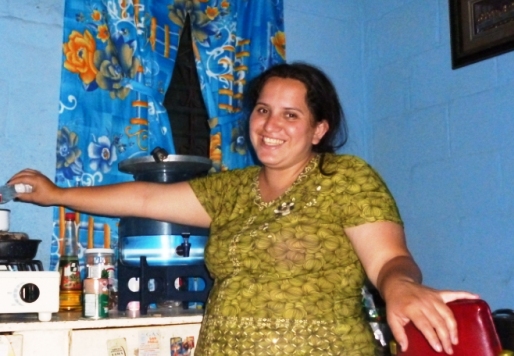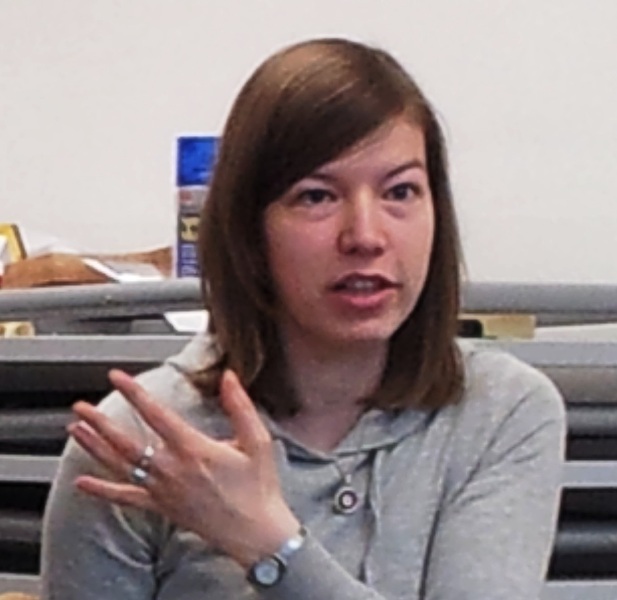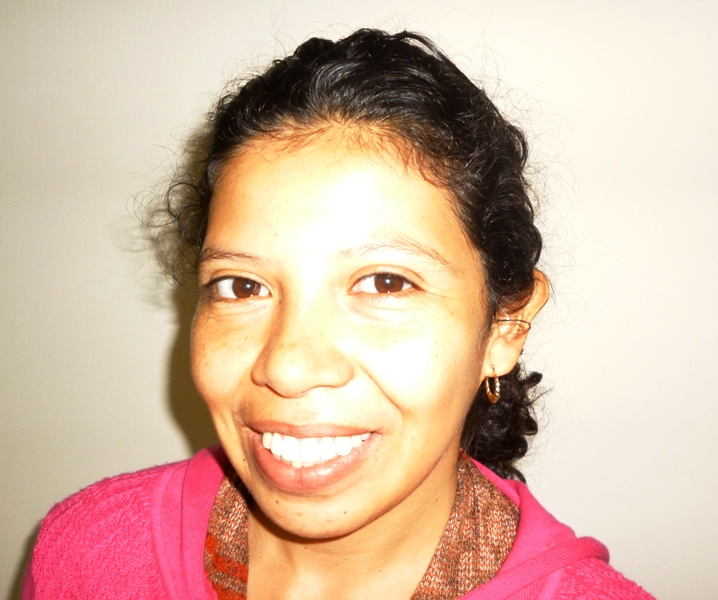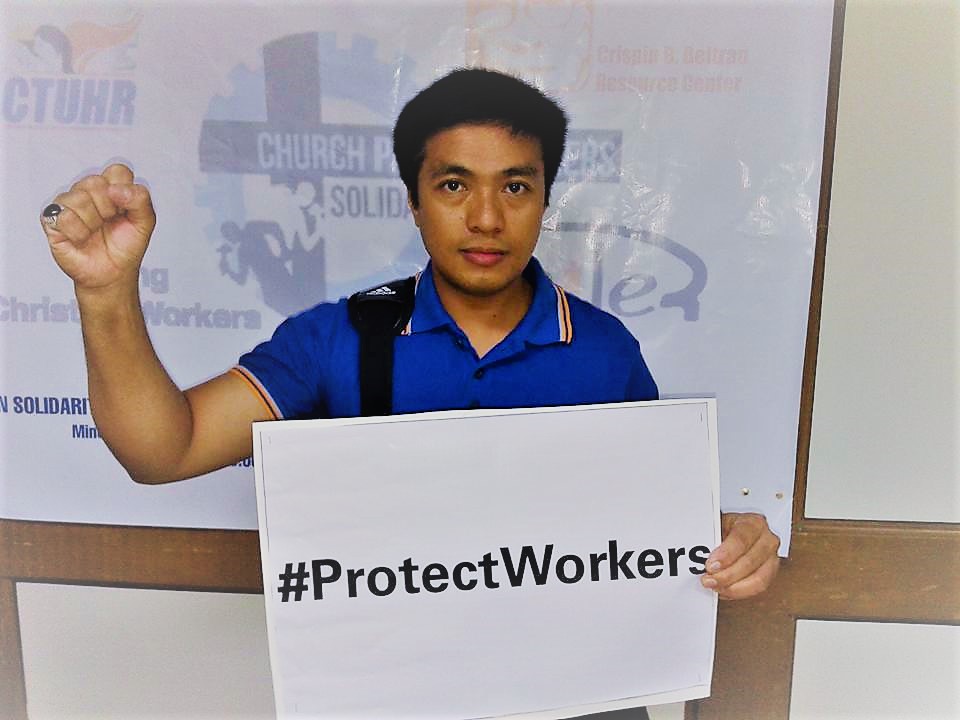You may know the story of a king of ancient times. He wanted to know how his people would react when faced with a challenge or obstacle. Therefore, the king placed a huge rock (boulder) on a roadway. Then he hid himself and watched to see if anyone would remove the huge rock. Some of the king's wealthiest merchants and courtiers came by and simply walked around it. Many loudly blamed the king for not keeping the roads clear, but none of them did anything about getting the stone out of the way.
Then a peasant came along carrying a load of vegetables. Upon approaching the boulder, the peasant laid down his burden and tried to move the stone to the side of the road. After much pushing and straining, he finally succeeded. After the peasant picked up his load of vegetables, he noticed a purse lying on the road where the huge rock had been. The purse contained many gold coins and a note from the king indicating that the gold was for the person who removed the boulder from the roadway.
Here in this story, the peasant noticed the obstacle or challenge (the huge rock), he did not walk simply around the obstacle, did not blame the king, did not run away from the obstacle but pushed the rock to the side of the road after so many efforts and finally got the gold coins. This story could be taken as a classical example of how a challenge can provide an opportunity to improve our working and living conditions.
The young woman worker leaves home at four o’clock in the morning every day. She has to cross the whole city to get to work. She travels around two hours by bus, and then she has to walk almost half an hour to reach the community where she teaches children of low-income families. The neighborhood where she works is poor, marginalized, and the rates of violence are high.
She travels around two hours by bus, and then she has to walk almost half an hour to reach the community where she teaches children of low-income families. The neighborhood where she works is poor, marginalized, and the rates of violence are high.
Women have been raped on the stretch of road she has to walk through, and the buses she uses to get to and leave that place are those which, according national statistics, register the most armed attacks and assaults, as well as the most accidents caused by the drivers themselves.
She has to make the same trip in the other direction to go home, but this time, in even worse conditions: in buses that are overcrowded, progressing very slowly in long lines of cars driving through the city.

“I Have No Direct Contract and My Life is Insecure!”
After finishing high school, I studied Business Administration and finished with a Bachelor’s degree. I searched for a job for about half a year and every time my applications were rejected, the reason was: "You have no working experience" or "We are primarily looking for people with more work experience" ... Even in positions that were advertised for new entrants they kept saying, " We have found someone with more experience ".
Long story short, I got a job from a temporary work agency. I am working in the purchasing department of a big company which isn’t far away from home. But this job doesn’t require academic studies. My salary corresponds approximately to that of the people directly hired by the company for the same position, but those people are working together with a Buyer while I am working alone.
In the company I feel warmly welcomed – most colleagues do not even know that I am employed through a temporary work agency. I get the same discounts as the employees hired directly by the company – for example a discount in the canteen. I really like the work and the colleagues.

‘We are all workers, we all have the right to organize into a union’
What is your role in your national movement?
I am an activist in the Guatemala YCW coordination team. We are a small team of activists coordinating the activities of the groups.
What are the main activities of the Guatemala YCW presently?
Our priorities are the personal actions carried out at our workplaces. In addition, we are working at extending the movement. We are now in an investigation and initiation process in another two cities and we are following up new base groups which have been set up in the metropolitan area of Guatemala City (the capital).
What is your personal experience of action?
I have almost always worked for the government. There is a problem of flexibilization there. They give work contracts that enable them to reduce the workers’ rights. In my last job in a human rights institution, most workers did not have access to established labor rights. It was a human rights institution, so there was a huge contradiction there!
The election year was approaching and in Guatemala, a change of government usually leads to a change of the whole personnel in public institutions. We were therefore faced with the threat of dismissal and we knew that a military government might return to power. We finally decided to form a trade union with 3 objectives.
- Details

“I am Fatima Hussain from Pakistan. I am 24 years old. I live in Lahore. I applied for many jobs in different factories but in vain. In our society, it doesn’t look good for a girl to have a job, people don’t like women workers.
I ended up deciding to work as a domestic worker because it is easier to get a job in this sector. But domestic workers are not paid well. They are paid PKR 1,500 per home (US$ 15). I was very disappointed by the low pay and the volume of extra work. I had to fulfill tasks that were not related to my job.
One day I met the YCW – that was a very beautiful day. In a meeting, I shared my experience as a domestic worker and the extra work.
We as YCW group wrote a letter to the Labor Council and requested it to increase my wage and make restrictions for no extra work for domestic workers. After a month, the management of the housing society where I work received a letter from the Labor Council saying that domestic workers had to be paid PKR 2,000 per home (US$ 20) instead of 1,500 and could not be given extra work. Now I earn PKR 8,000 for 4 homes. Although it is not enough to meet my daily needs, I am very happy and I attend the YCW meetings on a regular basis, hoping that I can do something more to change my life and that of other workers.
- Details

My name is George Verzosa, I come from Calbayog City (Southern part of the Philippines). I have never completed my college education because my parents could not afford to send me and my siblings to school. I migrated to Manila to find work and I worked in a sack factory as a machine operator under a contractual agency. I worked with the minimum salary, while some of my co-workers were below the minimum wage. When I had overtime hours and received extra pay, I sent it to my relatives and family way back in my province.
We were required to work rapidly because we had a “quota” to achieve and they wanted surplus production. When we did not meet the quota required for the day, it was deducted from our salary. However, when we exceeded the production quota, there was no compensation.
In 2014, my work became more precarious. I worked only three to four days a week. It was a “no work, no pay” policy, so the days I had no work, I had no income. It was extremely difficult for me to help my family and even to support my own needs, I was renting an apartment too.



